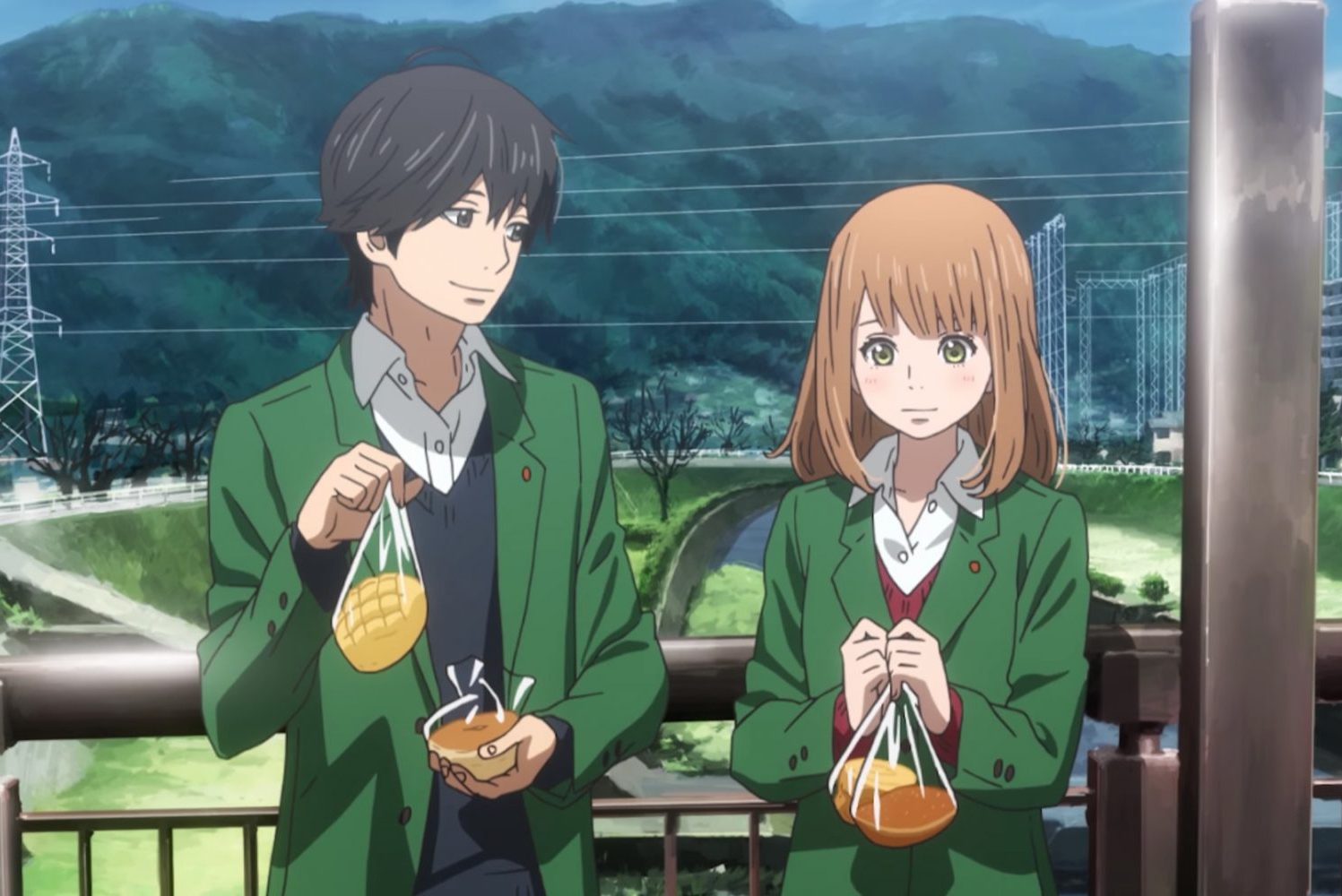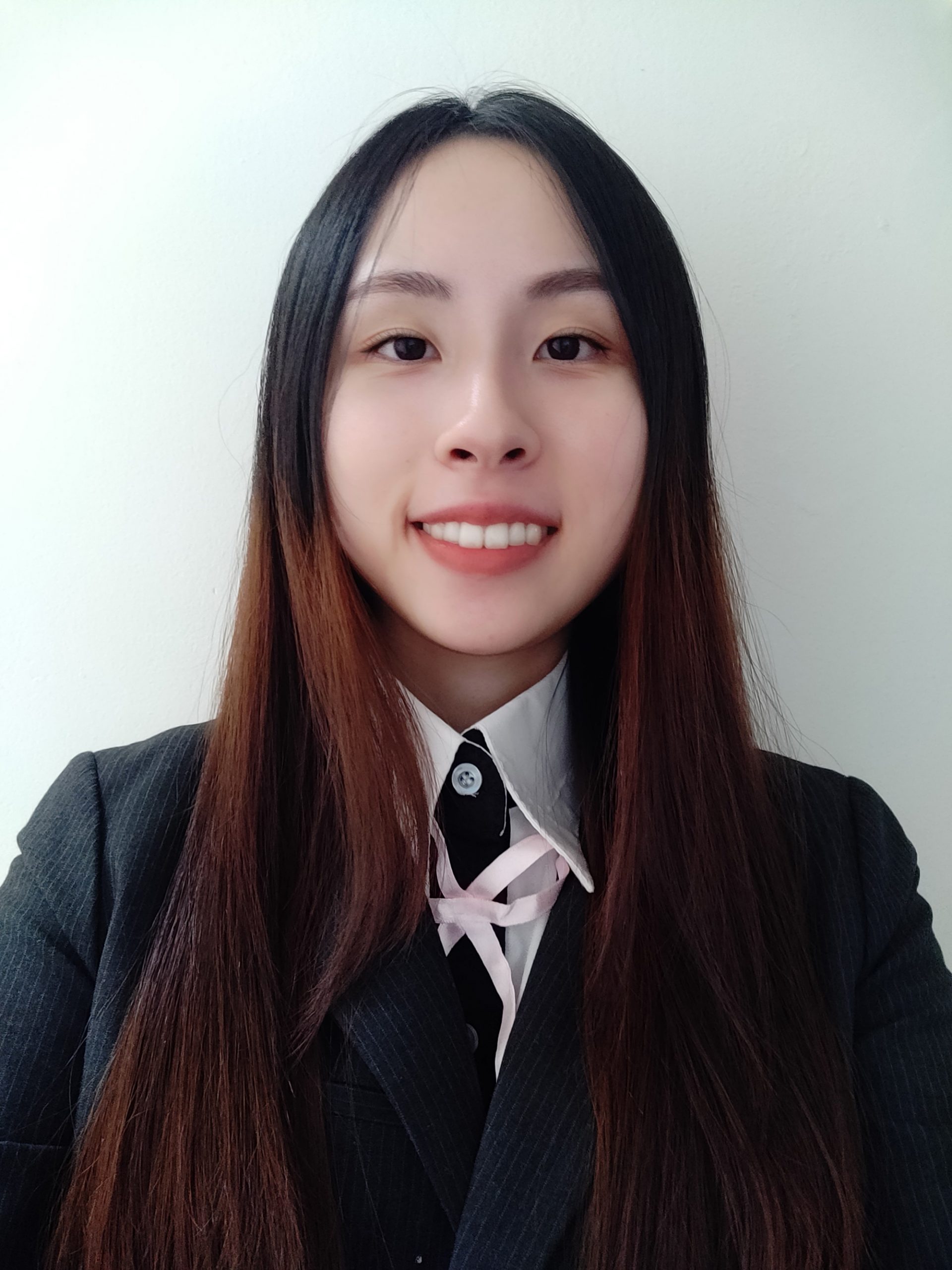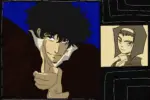Trigger Warning: Mention of suicide
If you could travel back in time, what would you do differently? This question is commonly asked by those ashamed of their past choices. Imagine receiving letters from your future self, asking you to prevent your future self’s deepest regrets. “Orange,” a Japanese romance and slice of life manga series illustrated by Ichigo Takano, was adapted into an anime television series in 2016 by Telecom Animation Film. It tells the story of Naho Takamiya, a 16-year-old girl in high school who receives a letter from herself 10 years from the future. The letters request that she stop her biggest regrets from occurring again — many of which revolve around Kakeru Naruse, a new transfer student from Tokyo who will commit suicide if she does not change the present.
The letter provides a guideline for her actions; it predicts specific future events, prompting her to do the opposite when the time comes. However, Naho eventually realizes that changing the future is not as easy and rewarding as it appears to be.
Regret Leads to Mental Health Issues and More Regrets
Everyone knows that they could have done or prevented something from happening if they simply made the “right” choice in certain situations. Whether it was to take advantage of an opportunity they had second-guessed or to tell someone they loved them, regrets come in many shapes and sizes. However, all of them can have a detrimental effect on mental health.
Dwelling on past mistakes and wondering what could have been done differently can lower self-esteem and may prevent one from taking chances in the future. There are people who play too safe to avoid regrets and end up missing opportunities, which only leads more regrets to form.
In “Orange,” Naho Takamiya’s future-self regrets a multitude of choices she made in the past; her biggest regret, however, is not being able to save Kakeru Naruse from dying or understanding the pain he went through. Her future-self explores the idea that if things had gone differently in the past and she knew about the pain he kept hidden behind a big smile, she would have tried harder to save him.
Although this story allows the viewer to observe what it is like to write to a past self and warn them of what lies in their future, it also teaches a valuable lesson to take every opportunity to look out for the people closest to you in life. As an inspirational life quote states, “Sometimes, the people with the biggest smiles are the ones struggling the most,” and Kakeru serves as a fine example. Though he appears content on the outside and reassures his friends that everything is okay, it is later revealed that his death was not an accident.
Taking the time to check on friends and letting them know that their feelings are important is essential to a close relationship, especially during a time when meeting face-to-face can be difficult. Simply asking the question “How are you doing?” and keeping them company over phone or text will let them know that they are loved and supported.
The Importance of Self-Expression in “Orange”
According to a clinical psychologist, having other people understand the meaning behind your words “is critical to achieving an enduring sense of security and well-being.” When not given the proper opportunity to express and dispel inner turmoil, people begin to doubt themselves and shut themselves away from the world.
In “Orange,” both Naho Takamiya and Kakeru Naruse fear burdening others and keep their problems to themselves. At one point, Naho even states that nobody can tell when she is in pain, therefore if she endures it, then it will not become a problem for others. The fear of disappointment and upsetting her friends exceed her desire for self-expression, and throughout the series, the viewer watches her struggle alone with the things she keeps inside.
Kakeru follows the same mentality and does not tell his friends what is going on in his mind. Eventually, he reveals that he has thoughts of not wanting to live because of the guilt he harbors over not being there for his mother when she needed him the most. He expresses his fear of choosing something and making a mistake later, thus, he decides to abstain from having to make any decision at all to avoid the future problems it may bring.
Without any proper validation for themselves or taking the time to talk about what bothers them deep inside, both characters face consequences later on — one of which costs Kakeru his life. “Orange” highlights the significance of self-expression and cultivating an environment where people can safely express themselves without being scrutinized. As social beings, people need a place where they feel they belong; therefore, simply checking on those you care about is the first step to establishing the trust they need to open up.
Instead of The Past, Let Us Look Forward to the Future
If presented with the opportunity to go back in time, would you take the chance to change every mistake? Although I am often full of regrets, changing the past will also change the moments I wish to cherish forever, and take away the things I have learned from my mistakes. Instead of dwelling on regrets and wishing for a different outcome, use them as a guide to better the future. Trust that without a time machine or a letter from your future-self, happiness can still be achieved.

















